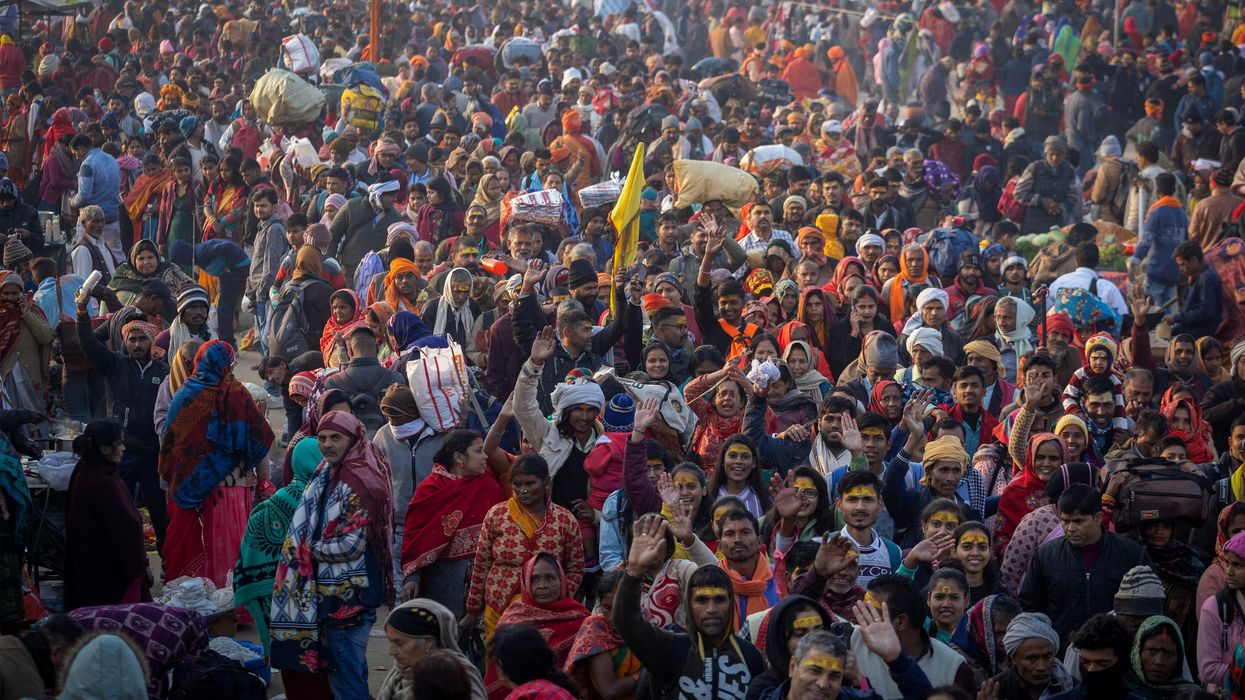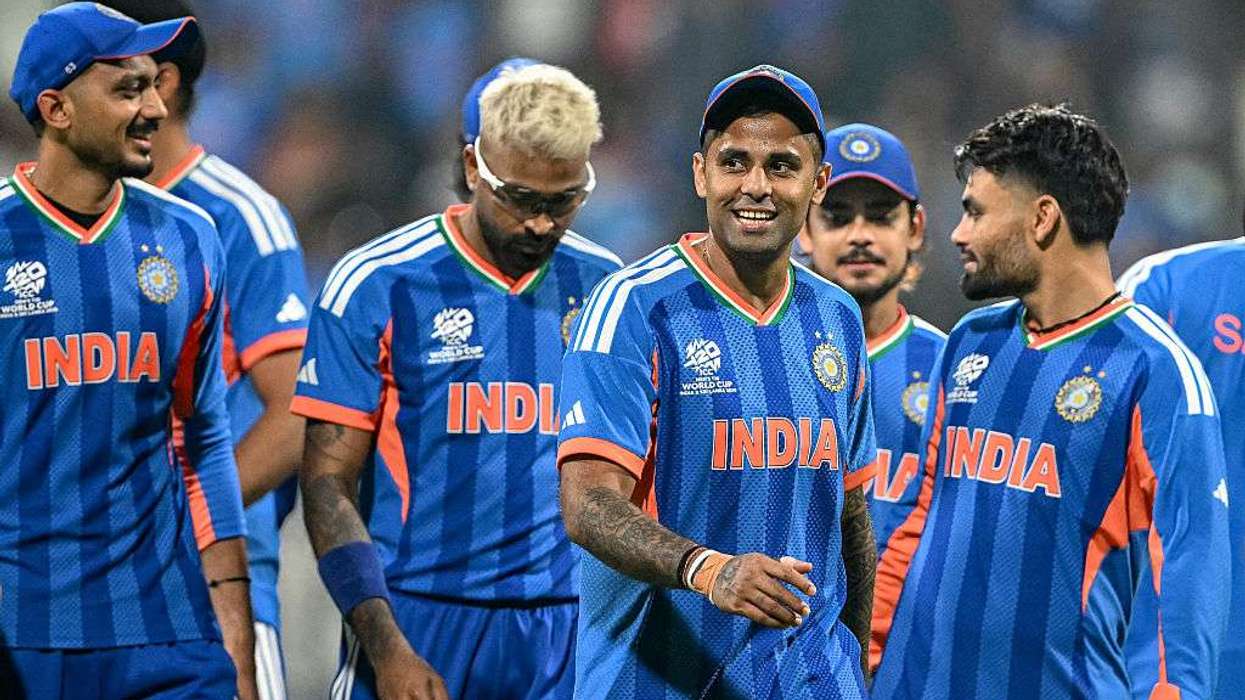INDIA’s government announced on Friday that more than 420 million pilgrims have taken part in ritual bathing at the Maha Kumbh, a Hindu religious festival.
Organisers say the estimate is based on artificial intelligence and surveillance cameras used to track attendance.
The figure, which exceeds the combined populations of the United States and Canada, cannot be independently verified.
The Press Information Bureau of India said, “More than 420 million devotees took a dip in the holy Triveni Sangam,” referring to the confluence of the Ganges, Yamuna, and mythical Saraswati rivers.
The Kumbh Mela, a six-week Hindu festival held every 12 years in Prayagraj, Uttar Pradesh, will continue until 26 February.
Religion and politics are closely linked in India, and critics argue that the event is being promoted to strengthen the image of prime minister Narendra Modi.
Modi took a ritual dip on Wednesday. Uttar Pradesh state chief minister Yogi Adityanath, a BJP leader and monk, is overseeing the festival’s management.
Organisers say artificial intelligence, surveillance cameras, and overhead drones are being used to monitor crowds and estimate the number of attendees.
Despite these measures, a stampede on 29 January led to the deaths of at least 30 people and left 90 others injured.
Officials initially stated that there were no serious injuries, despite television footage from the scene showing otherwise.
The festival is based on Hindu mythology, which describes a battle between deities and demons for a pitcher containing the nectar of immortality.
Pilgrims believe that bathing at the confluence of the rivers leads to salvation.
(With inputs from AFP)





